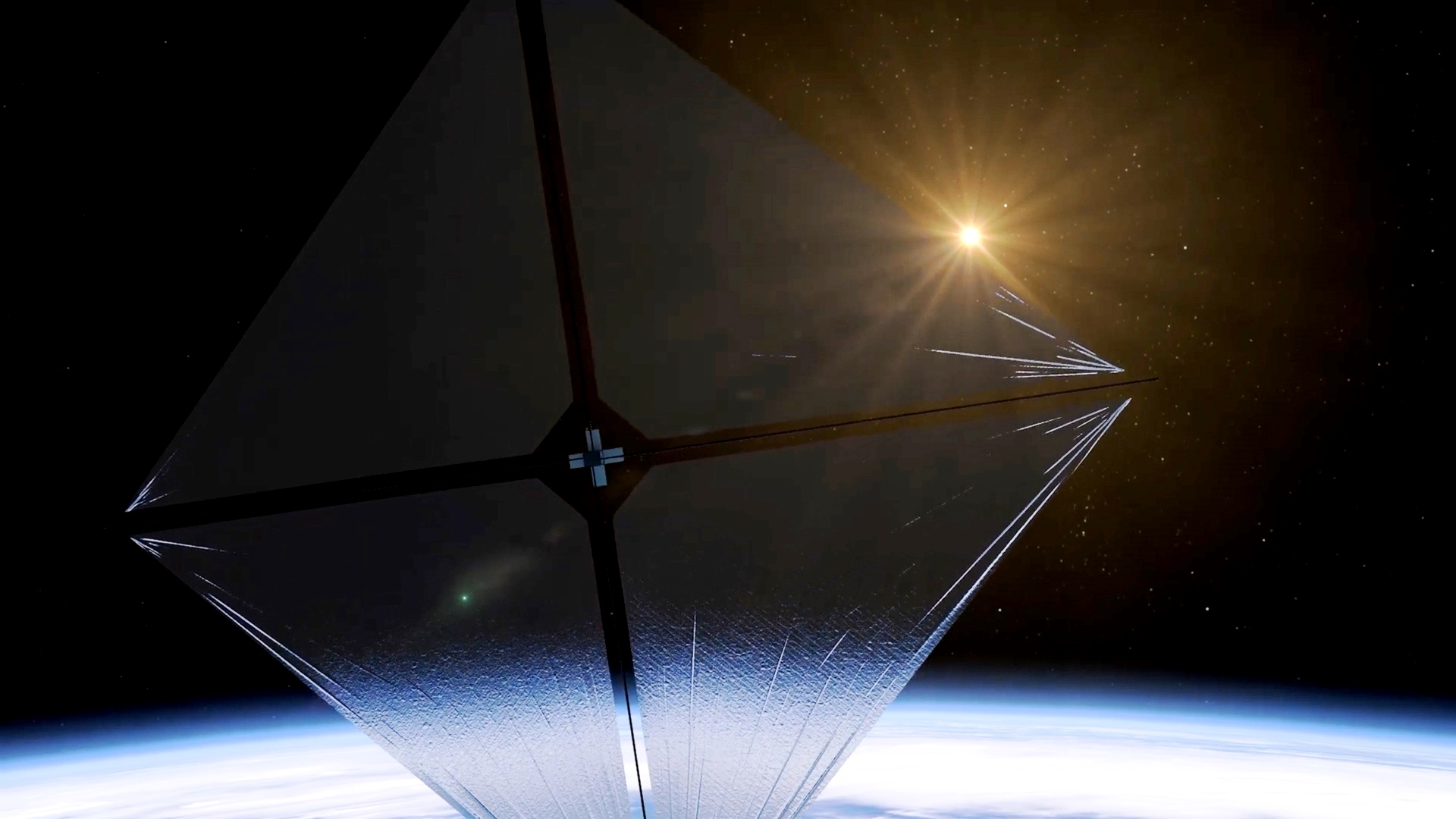QinetiQ Space wins contract with ESA to develop IBDM

Above: CGI image of the IBDM design.
Under the current contract phase, which will run until 2015, QinetiQ Space will develop and build an engineering model that it is intended to be tested on the ground. The contract is expected to lead to a follow-on development phase lasting until 2017.
Unlike current docking mechanisms, the IBDM absorbs relative movement and minimises the impact forces between two spacecraft while docking. This therefore reduces the solicitation of the spacecraft docking to the space station. This androgynous system will allow two vehicles to berth and dock with each other and ensure that there is an airtight connection between both spacecraft.
Commenting on the contract win, Erik Masure, Managing Director at QinetiQ Space, said: “Until now, docking mechanisms requiring a minimum level of energy for their actuation have been used and were designed for large vehicles such as the Space Shuttle. This has meant that the attachment of new generation lighter spacecraft to the ISS has had to take place at a fast speed for a connection to be created, which can lead to potential issues with high forces in play. Now, through the expertise and experience of QinetiQ Space, and the development of the IBDM soft docking system, an active control of the relative motion of the two spacecraft can be created, and therefore the forces caused by the attachment process are significantly reduced and the docking reliability increased”.
ESA has started a cooperation with the American aerospace company, Sierra Nevada Corporation (SNC) which is developing the Dream Chaser, a small reusable spacecraft that is a candidate to transport astronauts to the ISS. The IBDM may potentially be used for attaching this new vehicle to the ISS in the future.













